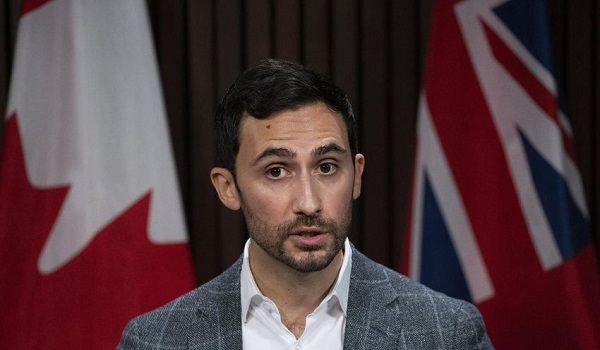Markham Public Library temporary removes Islamic heritage month displays amid complaints
Markham Public Library Temporarily Removes Islamic Heritage Month Displays Amid Community Complaints, Reinstates After Review
In a world where public spaces are increasingly becoming arenas for cultural expression and identity, the Markham Public Library in Canada has found itself at the crossroads of a complex, multi-layered controversy. Recently, the library, responding to community complaints, temporarily removed displays celebrating Islamic Heritage Month – a decision made amid the backdrop of the Israel-Hamas conflict. This action, however, was short-lived as the displays were reinstated on the same day, following a management review.
A Tale of Two Controversies
The library’s swift action – first in response to the complaints, then to the criticism of the initial decision – sparked a public outcry that transcended borders and cultures. The incident drew the attention of the National Council of Canadian Muslims who called for an investigation and accountability for those involved in the decision-making process.
This situation has shed light on the intricate dance that public institutions must perform in accommodating different community sensitivities, particularly in an era of heightened geopolitical tensions. While the library’s initial decision could be seen as an attempt to maintain neutrality amidst the Israel-Hamas conflict, the subsequent criticism highlighted the potential dangers of such a course – the stifling of freedom of expression and the perpetuation of discrimination against the Muslim community.
Reinstating Inclusion
The library’s CEO, Catherine Biss, acknowledged the confusion and hurt caused by the incident and issued an apology, signaling a commitment to rectification. By reinstating the displays, the library took a step towards reaffirming its commitment to promoting cultural diversity and providing a safe and inclusive space for all community members. However, the swift turnaround also begged the question: How equipped are public institutions to navigate such sensitive and potentially divisive issues?
The Need for Equipped Gatekeepers
Libraries, often seen as bastions of intellectual freedom and open dialogue, play a crucial role in fostering a sense of community. Consequently, they also bear the responsibility of being equipped to handle contentious topics and promote understanding and inclusivity. The incident at the Markham Public Library highlighted the need for better training and guidelines for library staff, who often serve as the gatekeepers of community dialogue and understanding.
The National Council of Canadian Muslims’ call for an investigation and accountability underscores the importance of understanding the motivations and decision-making process behind the initial removal of the displays. This is a necessary step to prevent similar incidents from reoccurring and to ensure that public institutions continue to uphold principles of diversity, inclusivity, and freedom of expression.
As the dust settles, this incident provides a moment of reflection and an opportunity for growth for the Markham Public Library and similar institutions. It stresses the need for these institutions to review their policies and procedures, ensuring they are inclusive, fair, and responsive to community needs. They can also invest in training and education for their staff to enhance cultural competence and sensitivity.
In conclusion, the controversy surrounding the temporary removal of the Islamic Heritage Month displays at the Markham Public Library serves as a stark reminder of the challenges faced by public institutions in navigating sensitive issues. It underscores the importance of promoting diversity, inclusivity, and freedom of expression, while acknowledging the need to address community concerns. In the grand tapestry of multicultural societies like Canada, it’s a reminder of the ongoing work required to create safe, inclusive spaces where all community members feel valued and represented.
This article was reported by BNN Breaking












